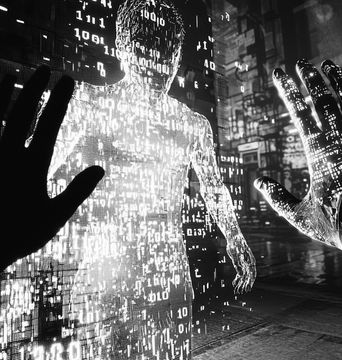AI COPYRIGHT CRACKDOWN: NINTENDO'S MARIO IMAGES REMOVED VIA AI-POWERED TRACER!

In a surge of technological and legal confrontation, a plethora of Mario-related images, including fan art and AI-generated submissions, were summarily removed by Tracer—the AI-driven software created to detect and address copyright and trademark violations.
The Tracer AI technology is powering a new wave of copyright enforcement actions, executing a takedown notice on behalf of the internationally renowned gaming company, Nintendo. The impacted images and posts were reportedly generated by xAI’s Grok AI tool, a new player in the artificial intelligence arena, and also included a healthy smattering of fan art.
However, it's been found that their actions are not limited to solely professional or commercial uses of the copyrighted material. Regular users posting fan art seemed to come under the purview of the takedown notices, a shift that can cause ripples of concern to fan communities worldwide.
In one noted instance, The Verge’s esteemed reporter, Tom Warren, became the recipient of a Digital Millennium Copyright Act (DMCA) complaint issued by a Tracer representative. The complaint alleges that the posts infringed upon Nintendo's hard-earned copyright of the famed Mario character—a beloved figure in the gaming arena since its debut in the mid-1980s.
At this point in time, it remains uncertain what level of involvement Nintendo played in the takedown process. Neither Nintendo nor Tracer have come forward with concrete comments or clarifications on the matter, leaving the tech and gaming community in a pool of doubt and speculation.
Ironically, this isn't the first time Nintendo is experimenting with third-party enforcement tools. The gaming behemoth has a well-established reputation for taking rigorous, sometimes aggressive legal actions to protect its copyrights. While it's an understandable and common practice among corporations, it may be seen by some as an overreach or deterrent of creative and homage-driven content produced by fans.
Looking towards the future, the use of AI technology like Tracer in enforcing copyright laws may reshape the contours of fan-created content—a major force within the pop culture landscape. As AI continues to evolve and grow in capacity, so too may the copyright enforcement extend its reach, impacting the future exchange of cultural commodities.
Moreover, the incident signals a potential paradigm shift for AI rules, content creation, and copyright laws. For art and technology enthusiasts alike, this poses pressing questions: How far can corporations go in safeguarding their material in a changing digital environment? To what extent can fan art be protected or prosecuted under the DMCA or other international copyright laws? As the future unfolds, we wait for these answers with bated breath.